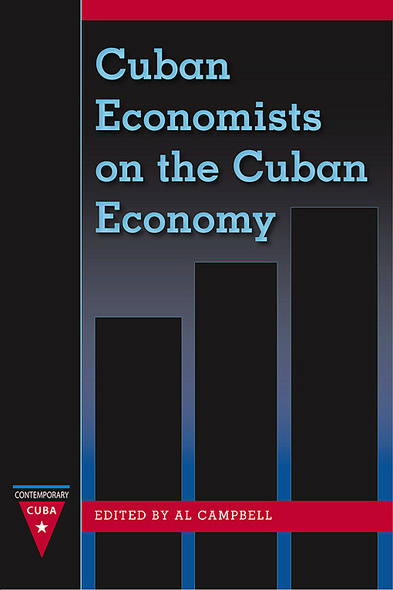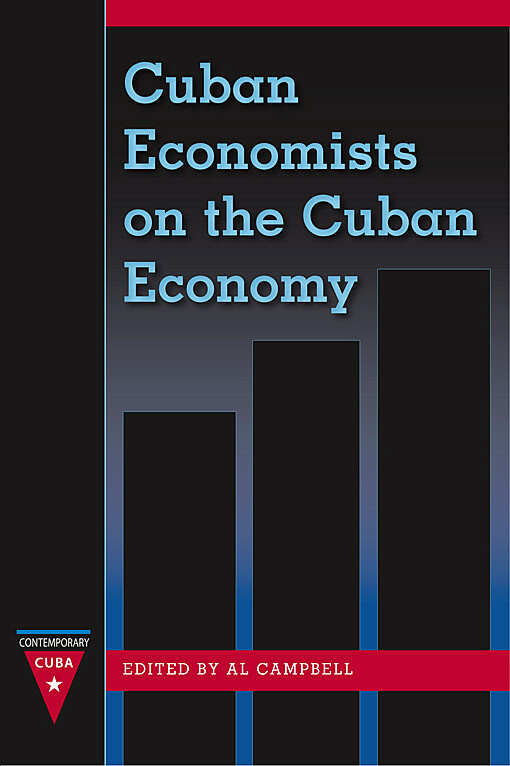
Cuban Economists on the Cuban Economy
“A unique and indispensable introduction into the economic thinking and analyses of thirteen Cuban economists committed to the successful continuation (albeit with needed modification) of the Cuban project in process since 1959.”—Sinan Koont, author of Sustainable Urban Agriculture in Cuba
Most scholarship on the Cuban economy is provided by analysts looking from the outside in. Cuban Economists on the Cuban Economy is the first collection to bring together some of the island’s leading economists to discuss the good and the bad about their own economy. These voices offer clear and straightforward analyses of how Cuban society provides for its needs, distributes surplus, and assesses its shortcomings.
Focusing on changes in policy during the Special Period, the years following the collapse of the Soviet Union, this volume tracks various shifts, both major and minor, in the island’s planned economy. Cuban leaders adapted to changing global relations while developing independent sources of income. These essays offer invaluable and sober assessments of Cuba’s entrance into the international economy through such sectors as tourism, knowledge-based goods and services, and agriculture.
This volume was written, in part, to reveal the rigorous research conducted within the country and to clarify the different factors that Cubans emphasize when examining their place on the world economic stage. By providing unique insights into the island’s fight against poverty, its aging population, and its trade unions, this book will be an invaluable resource for years to come.
A volume in the series Contemporary Cuba, edited by John M. Kirk
Al Campbell is Emeritus Professor of economics at the University of Utah.




